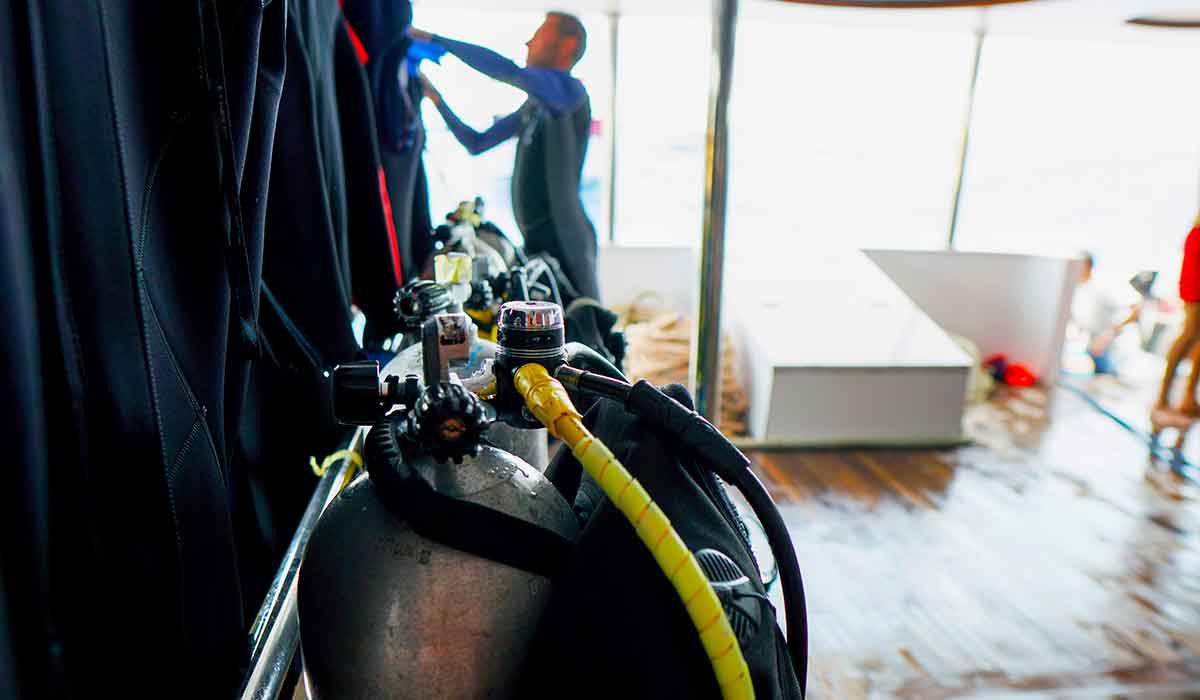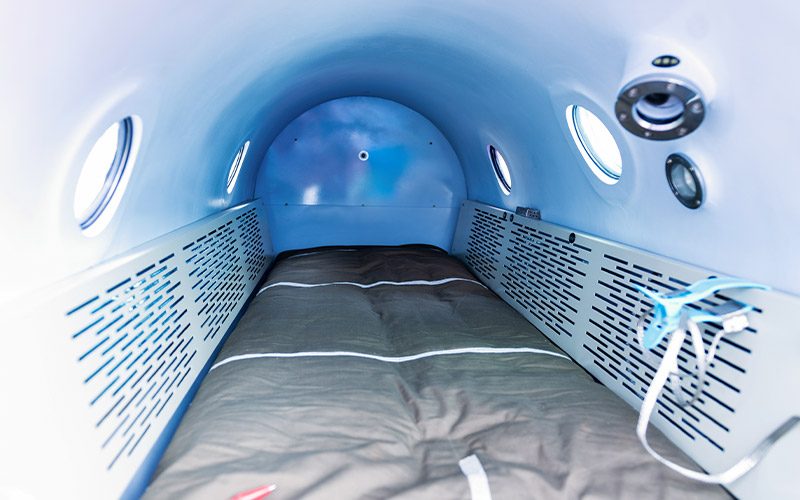In Denial
Small, easy-to-ignore symptoms are often the first signs of decompression sickness. Read more about one diver’s incident.

Small, easy-to-ignore symptoms are often the first signs of decompression sickness. Read more about one diver’s incident.

Self-diagnosis can lead to delays in the medical care you need. Never assume — and be sure to contact DAN.

Relief from symptoms doesn’t always mean a cure. Read one incident of when a diver presented with a rash and received treatment for decompression sickness — but became very combative.

Emergency oxygen is only the first step to treating suspected cases of decompression illness. Read more about this serious diving incident.

Nitrogen narcosis can lead to deadly consequences. Understanding the risk factors and ensuring that you and your dive buddies have discussed how to mitigate risk can potentially save lives. If you are stung by a jellyfish, watch for symptoms associated with Irukandji syndrome. If symptoms develop, know that it is a potentially deadly condition that doctors can help treat. Pay attention to local marine life bulletins and announcements. The best ways to mitigate jellyfish envenomation risk are to wear full exposure suits and avoid jellyfish when they are prevalent in the water.

With adverse events, there is almost always a cascade in four phases: the trigger, the disabling agent, the disabling injury and the cause of death. Individually, each event is avoidable. Recognizing one at the time of occurrence is an opportunity to react and attempt to mitigate the risk before it becomes a problem. In root cause analysis of adverse events, the most significant factors are the lack of recognition and failure to react to the event.

During a dive in the Solomon Islands, this diver’s regulator failed, shutting off her gas supply. Although gear failures are usually associated with improper maintenance or use, manufacturing defects are possible.

Adaptability to conditions is a must-have skill for any diver. Evaluating the appropriate dive gear and competency with basic safety protocols allow you the presence of mind to handle capricious weather.

Do you fully understand and appreciate your role as a dive buddy? Read one woman’s story about the importance of accountability after nearly injuring her future husband.

Decompression sickness and other dive-related injuries should be treated as soon as possible, so it is important to see a medical professional. Any symptoms after a dive, whether you suspect they are dive related or not, should be evaluated.
